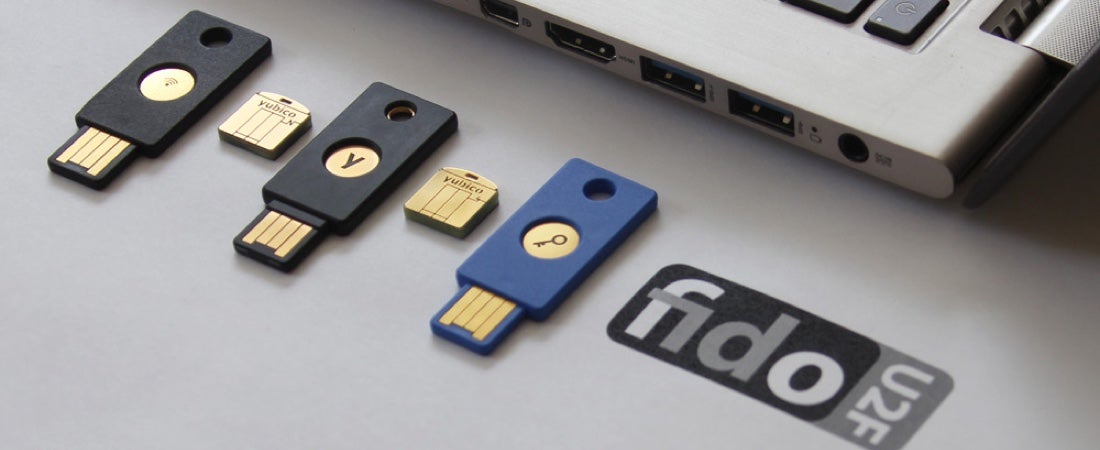Depending on the numbers you consult, there are nearly three billion people on the internet, mostly protected by usernames and passwords, and nearly 100 million servers with limited or no protection.
They are joined by an untold number of hackers feasting on this reality.
This week, Yubico took on that scenario in a live webinar focused on YubiKeys, Google, Dropbox, and U2F. The webinar is available for playback at the bottom of this blog.
Yubico CEO Stina Ehrensvard opened the discussion by introducing the YubiKey and the YubiHSM “as simple and secure hardware devices to protect users and servers at scale.”
Ehrensvard, and Yubico Product Manager Kevin Casey then laid out YubiKey’s benefits and simplicity, including multiple protocol support in a single device, public key crypto that thwarts phishing and man-in-the-middle attacks, and the ability for users and organizations alike to own and control their identity. YubiHSM offers this same class of protection to servers.
The highlight is a live demo that shows how to activate YubiKey’s FIDO Universal 2nd Factor (U2F) cryptographic authentication for web-based applications (Gmail and Dropbox) without need for codes, client software, or phone apps.
Ehrensvard and Casey describe the high-level of authentication offered by the YubiKey, support for multiple online services from a single key, the elimination of a central identity provider, the unique touch sensor to verify user presence, and the key’s durability.
The webinar also outlines where other authentication technologies show weakness when trying to achieve YubiKey’s scale and ubiquity: smart cards that were too complex and costly to scale beyond government use and sensitive apps; OTPs that don’t protect against phishing; biometrics that have so far failed to answer privacy, security and revocation concerns; and mobile phones whose constant internet connectivity makes their resident software vulnerable to malware.
The final 15-minutes takes on audience questions that range from iPhone support, SSH, Yubico’s Bluetooth and NFC features, financial services adoption, and FIDO browser support.





